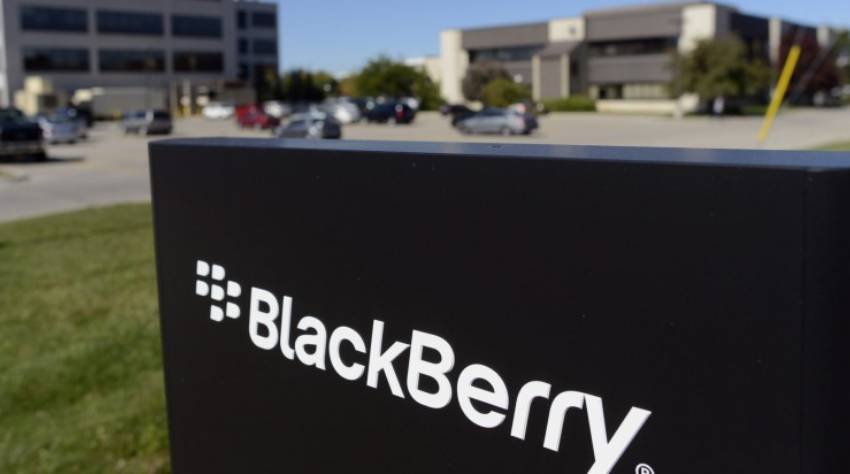Blackberry is announcing it’s yet another licensing deal to design, manufacture and sell BlackBerry software powered Android smartphones in global markets including India, Sri Lanka, Nepal and Bangladesh. Following its deal with Chinese OEM TCL, Blackberry has signed an agreement with Delhi-based Indian telecom enterprise, Optiemus Infracom Ltd.
BlackBerry is looking to re-invigorate its business, and with this latest regional deal, BlackBerry has now achieved full global coverage for licensees in all markets to manufacture BlackBerry-branded devices. Proving to become leading security software and services company, Blackberry is delivering on its licensing strategy and accelerating its transition.
Blackberry acknowledges that India has been an important market for them previously. Under the agreement, BlackBerry will license its security software and services suite, as well as related brand assets to Optiemus Infracom Ltd. Optiemus will be designing, manufacturing, selling, promoting and providing customer support for BlackBerry-branded mobile devices that offer the full BlackBerry experience, including the trusted BlackBerry for Android secure software. Though, BlackBerry plans to continue to control and develop its security and software solutions at the same time maintain trusted BlackBerry security software, including regular Android security updates to the platform.
More so, the agreement between Blackberry and Optiemus Infracom Ltd also supports the Indian Government’s “Make in India” initiative, which aims to create local manufacturing and job opportunities.
“With our strong end to end play in the mobile ecosystem in manufacturing, retail, distribution and support, we are confident that our journey with BlackBerry will be a long and successful one.”, says Ashok Gupta, Chairman of Optiemus Infracom Ltd.
As per reports Optiemus Infracom plans to focus on manufacturing BlackBerry handsets priced between Rs. 12,000 to Rs. 20,000. These handsets are expected to be specified to the local customers, while they will receive regular security updates from BlackBerry.
Blackberry signs licencing deal with Delhi-based Optiemus Infracom


